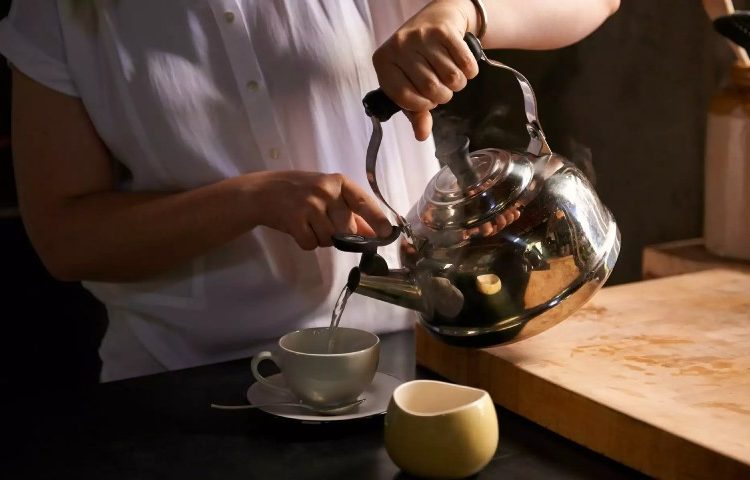The UK’s coffee culture has seen a remarkable rise in recent years, with more consumers becoming conscious of what goes into their cup. Beyond taste and aroma, there is a growing awareness of the environmental and social impact of coffee production. For businesses embracing private label coffee, ethical sourcing has become a vital component of their offering, aligning with consumer demand for sustainability. In this article, we’ll explore the importance of ethical sourcing in private label coffee and share tips for UK consumers seeking sustainable options.
Why Ethical Sourcing Matters
Coffee production has a significant impact on the environment and the livelihoods of farmers. Ethical sourcing ensures that coffee is grown, harvested, and traded in a way that prioritises sustainability and fairness. Here’s why it matters:
- Supporting Farmers and Communities
Ethical sourcing often involves working directly with coffee farmers and cooperatives to ensure they receive fair wages and access to better resources. This helps improve the quality of life for farming communities and supports long-term economic stability. - Protecting the Environment
Sustainable coffee farming practices, such as shade-growing and organic cultivation, minimise environmental degradation. Ethical sourcing promotes methods that preserve biodiversity, reduce deforestation, and lower carbon emissions. - Consumer Trust and Loyalty
For private label coffee brands, ethical sourcing builds trust with consumers who are increasingly prioritising sustainability in their purchasing decisions. Transparency about sourcing practices can enhance brand loyalty and reputation. - Future-Proofing the Coffee Industry
By prioritising sustainability, ethical sourcing helps safeguard the future of coffee farming. Climate change poses a significant threat to coffee production, and sustainable practices are crucial to ensuring long-term viability.
Ethical Certifications to Look For
When choosing private label coffee, UK consumers can look for certifications that indicate ethical sourcing. These include:
- Fairtrade
Ensures that farmers receive a fair price for their coffee and supports community development projects. - Rainforest Alliance
Promotes environmentally friendly farming practices and social responsibility. - Organic Certification
Indicates that the coffee is grown without harmful chemicals, preserving soil health and biodiversity. - Direct Trade
Though not a certification, direct trade involves working directly with farmers, often providing higher compensation and fostering long-term partnerships.
Tips for UK Consumers Choosing Ethical Private Label Coffee
- Check for Transparency
Ethical coffee brands are often transparent about their sourcing practices. Look for information on where the coffee is grown, how it is processed, and the partnerships involved. Brands that clearly detail their commitment to sustainability are more likely to prioritise ethical practices. - Opt for Certified Products
When purchasing private label coffee, choose products with recognised certifications like Fairtrade or Rainforest Alliance. These labels guarantee that ethical standards have been met. - Support Local Roasters
Many UK-based roasters offer ethically sourced private label coffee. Supporting local businesses not only reduces the carbon footprint associated with transportation but also boosts the UK’s independent coffee industry. - Ask Questions
Don’t hesitate to inquire about a brand’s sourcing practices. Ethical companies will be happy to share details about their supply chain and sustainability initiatives. - Consider Packaging
Sustainable coffee doesn’t stop at the beans—packaging matters too. Look for private label coffee that uses biodegradable or recyclable materials to minimise environmental impact.
The Role of Private Label Coffee in Promoting Sustainability
Private label coffee offers a unique opportunity for businesses to champion sustainability. By creating their own coffee products, brands can take control of sourcing decisions, ensuring their coffee aligns with ethical and environmental values. Here’s how private label coffee brands are driving positive change:
- Customising Sourcing
Businesses can partner with ethical farms and cooperatives to develop unique blends that reflect their brand ethos while supporting sustainable practices. - Educating Consumers
Private label brands have the platform to educate their customers about the importance of ethical coffee. Sharing the story behind their coffee can inspire consumers to make more sustainable choices. - Incorporating Sustainability Across the Supply Chain
From sourcing beans to packaging and distribution, private label coffee brands can embed sustainability into every aspect of their operations.
Examples of Ethical Private Label Coffee in the UK
Several UK brands are leading the way in ethical private label coffee. For example:
- Origin Coffee Roasters works directly with farmers to source high-quality, sustainably grown coffee, ensuring transparency and traceability.
- Pact Coffee is known for its commitment to paying farmers above Fairtrade rates while maintaining a focus on environmentally friendly practices.
- Climpson & Sons partners with sustainable farms and emphasises environmentally responsible roasting and packaging.
Ethical sourcing in white label coffee is more than a trend—it’s a responsibility. For UK consumers, choosing sustainable options ensures that their morning brew supports fair wages, environmental protection, and the long-term future of coffee farming. By seeking transparency, certifications, and sustainable practices, you can enjoy your coffee knowing it contributes to positive change.
For businesses, embracing ethical sourcing in private label coffee not only builds trust and loyalty but also positions them as leaders in sustainability. Together, businesses and consumers can ensure that every cup of coffee reflects care for people and the planet—truly putting sustainability in the cup.

